Technical support for DIIS’ Somalia checkpoint mapping study
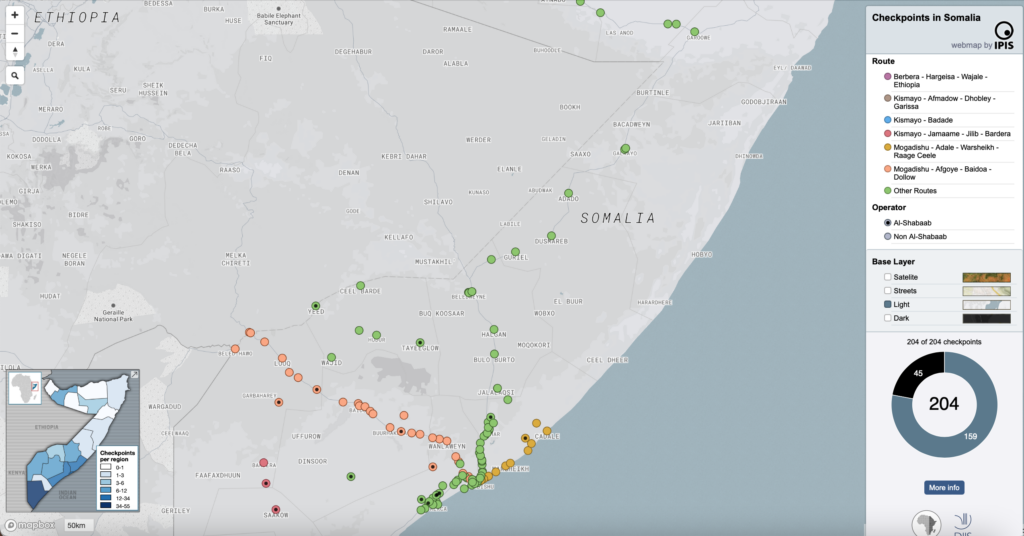
Consultancy IPIS contributed to ‘Paying the Price: The Political Economy of Checkpoints in Somalia’ a project by the Danish Institute for International Studies (DIIS), the Rift Valley Institute (RVI) and XCEPT. IPIS supported the project by providing a frame for the project’s data collection, developing a questionnaire for project field researchers and a platform for […]
Assessing transparency mechanisms to improve arms trade scrutiny

In close collaboration with Vredesactie, IPIS is working on the issue of transparency in the arms trade. The objective is to enable increased scrutiny by civil society, researchers and the general public, but also to allow for effective legal challenge of arms export decisions. Arms export licensing procedures are often shrouded in secrecy and the […]
The management of lethal materiel in conflict settings
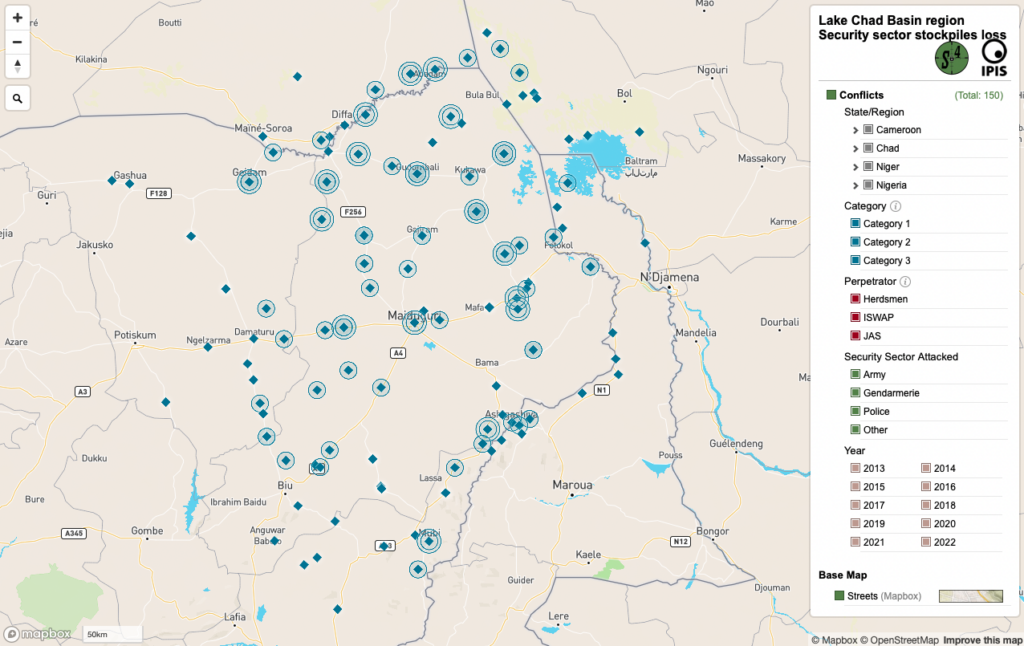
IPIS is working in close collaboration with the Safeguarding Security Sector Stockpiles (S⁴) Initiative and its director Eric Berman. In 2021, IPIS supported the publication of a first report entitled “The management of lethal materiel in conflict settings: existing challenges and opportunities for the European Peace Facility”. This study builds on the S⁴ dataset that includes […]
Promoting civic space in Tanzania’s extractive sector governance

Tanzania is endowed with significant mineral resources and the extractive sector forms an important part of the country’s formal and informal economy. The extractive sectors is particularly diverse and it includes artisanal, small, medium, and large-scale mining of high-value minerals such as gold, diamonds and gemstones, the widespread extraction of industrial minerals such as limestone, […]
Empowering Tanzanian communities and civil society to foster justice & human rights in natural resource governance

In Tanzania, the country’s natural resource wealth is considered a key driver of development. Despite this potential for “doing good”, natural resource extraction has so far yielded little of the promised benefits to local populations. In fact, the narrow economic focus on resource governance in combination with reduced civic space and respect for human rights […]
Technical support for PIAC’s Sri Lanka conflict mapping and archive project
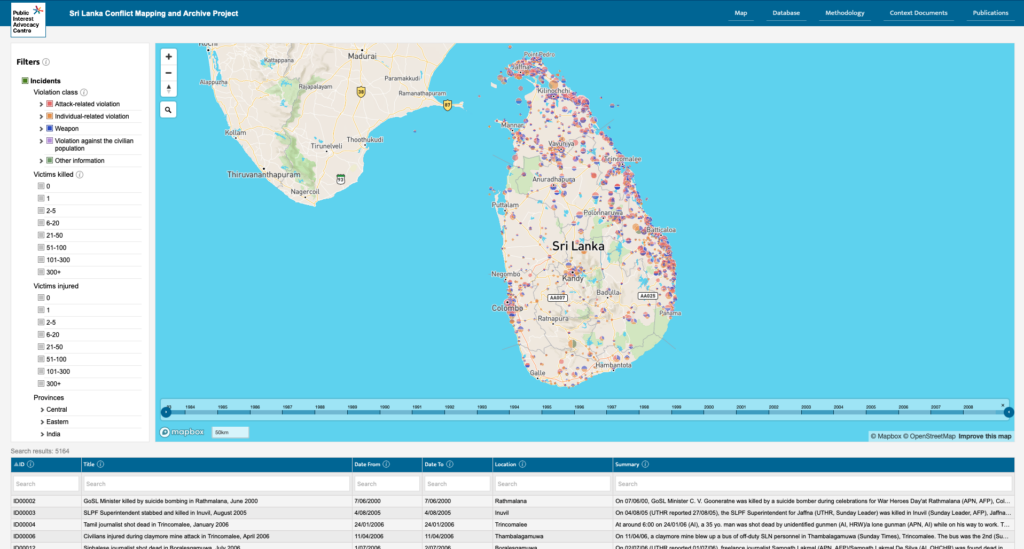
Consultancy IPIS has provided technical support to the Public Interest Advocacy Centre (PIAC) by developing an interactive web app displaying PIAC’s extensive mapping of war crimes and human rights abuses during the civil war in Sri Lanka between 1983 and 2009. IPIS supported the project by accompanying the database integration and by developing a visualisation […]
Analysing the impact of unconditional cash transfers in an artisanal mining zone in Maniema province, DRC

Building on previous experience in Uganda, the Belgian organisation Eight World vzw started in October 2021, an Unconditional Cash Transfer (UCT) pilot project in a village in an artisanal mining zone in Maniema province, in eastern Democratic Republic of Congo (DRC). In the coming years, more villages in that region will be added to this UCT […]
Program for the Development of Eastern Congo (P-DEC)
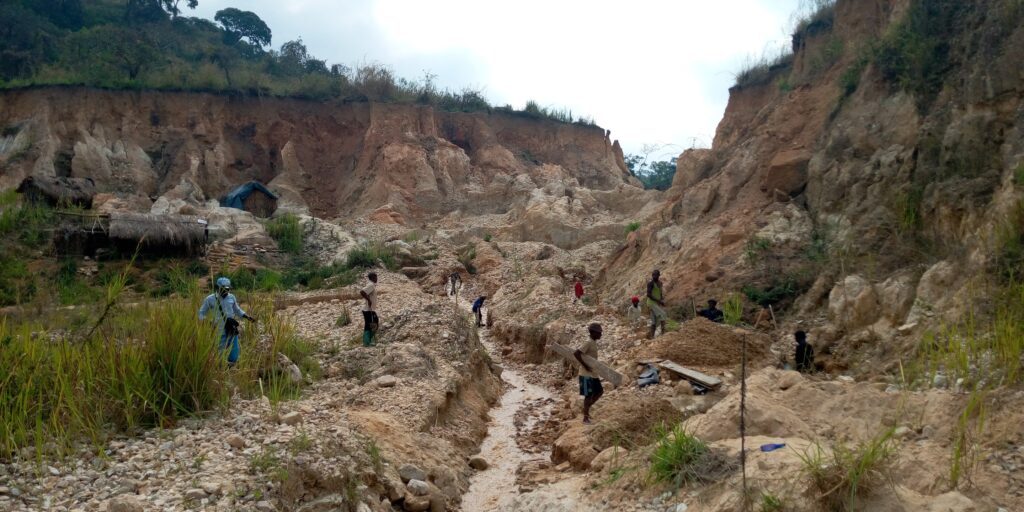
Eastern DRC continues to face complex crises rooted in conflicts around power, governance, identity and access to natural resources including minerals, land and forestry. The Program for the Development of Eastern Congo (P-DEC) adopts bottom-up peacebuilding approaches to reduce conflict and bridge social divisions. It supports communities and the private sector to: Build inclusive dialogue […]
Understanding artisanal mining supply chains and conflict financing in DRC
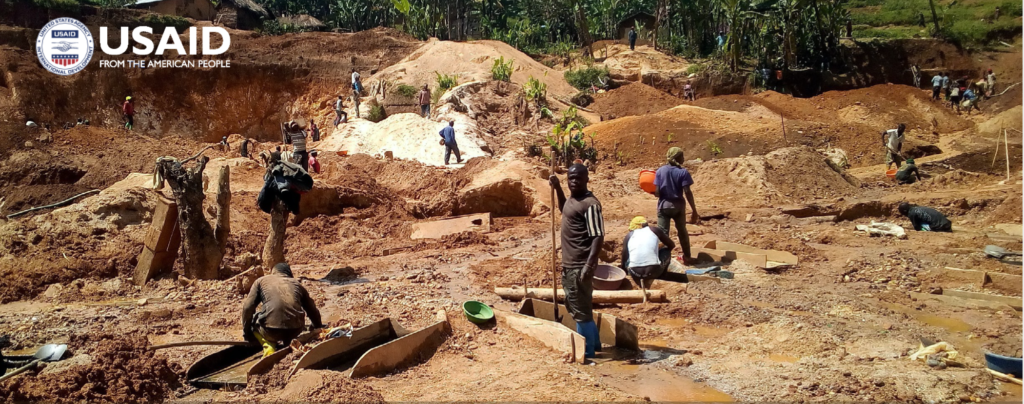
Reliable data enable observers, suppliers and policymakers to adress ‘conflict minerals’ trade in Eastern DRC When effectively monitored and mapped, legal and responsible artisanal and small-scale mining (ASM) supply chains can promote peace and stability while providing livelihoods and contributing to rural development throughout the Great Lakes region. In Eastern DRC, where the ASM sector […]
Madini – Strengthening regional stability in the Great Lakes
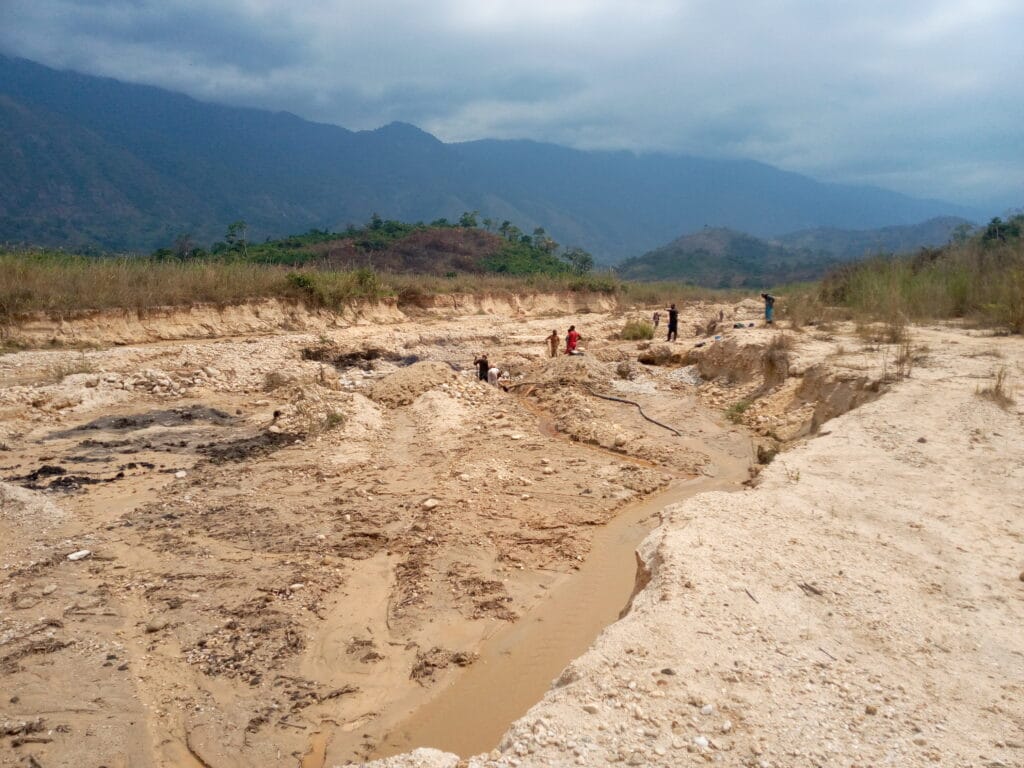
In December 2019, IPIS joined the consortium of International Alert, EurAC, OGP and Justice Plus to implement the Madini kwa Amani na Maendeleo (Minerals for Peace and Development) project, which aims to improve security, social cohesion and human rights in the conflict-ridden mineral-rich regions of eastern DRC. To achieve this objective, the Madini project plans to […]
Due diligence impact assessment in eastern DRC
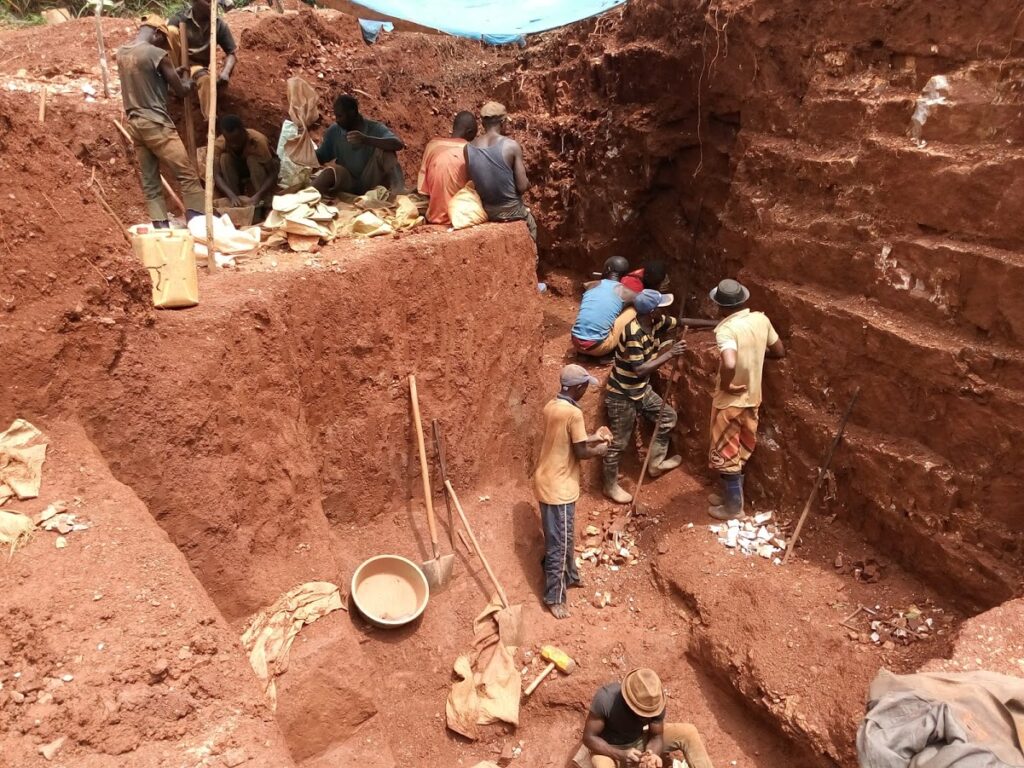
Together with Project on Resources and Governance (PRG) at UCLA, Sub-Saharan Field Research (SFR), and Ulula, IPIS carried out a study to evaluate the impacts of due diligence programs on artisanal mining communities in the eastern Democratic Republic of Congo. Over the last decade, efforts to eliminate so-called “conflict minerals” have focused on denying access […]
Matokeo – Data collection in the ASM Sector

Matokeo (impact in Swahili) is a mobile-based technology solution to help monitor social, environmental and human rights hotspots in Eastern Congo and create more cost-effective and miner-centric monitoring systems. Dates: 2020 – Location(s): DRC Research Programme(s): Natural Resources Funder(s): Conservation X Labs’ ASM Grand Challenge Partner(s): Ulula Activities: Phone-Based Data Collection Deliverable(s): Data Visualisation Platform […]
Due diligence series

With its series on Due Diligence, IPIS informs its audience on responsible sourcing, its frameworks and how to apply them and the challenges and pitfalls in its implementation. Dates: 2019 – 2021 Research Programme(s): Business & Human Rights Funder(s): IcSP Activities: Desk Research Deliverable(s): Insights Project Coordinator Lotte Hoex Researcher & Policy Manager e-mail This […]
Impact of COVID-19 on ASM communities
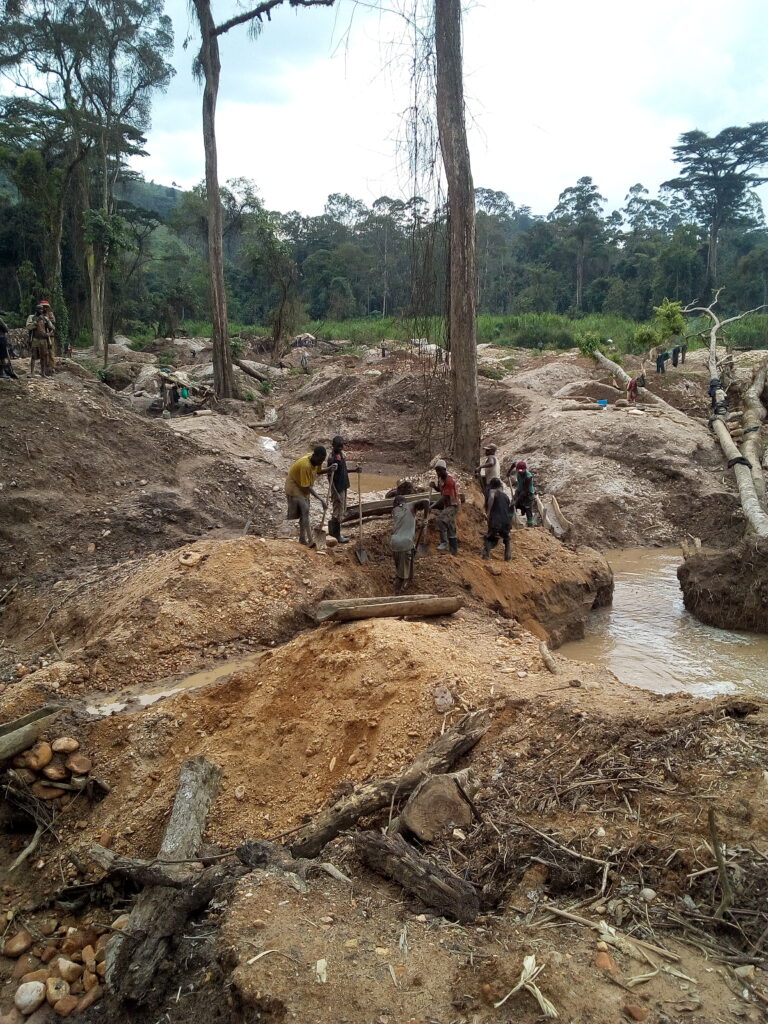
Since the outbreak of the COVID-19 pandemic, IPIS closely monitors the impact of the pandemic on 3T+G mines and national supply chains in Tanzania, the Central African Republic (CAR) and the DR Congo. Through structured quantitative and qualitative data collection, IPIS measures the impact on a large amount of mining sites. IPIS is working through […]
Monitoring human rights in Uganda via a CBHRIA methodology and mobile data collection tools

Consultancy To empower community members to act upon their rights in the context of Uganda’s extractive industries, ASF and ANARDE aimed to use a community-based approach for assessing corporate human rights impacts. The objective of the project is to collect accurate and comprehensive data to monitor the enjoyment of human rights by rights-holders in two […]
Responsible gold in Beni
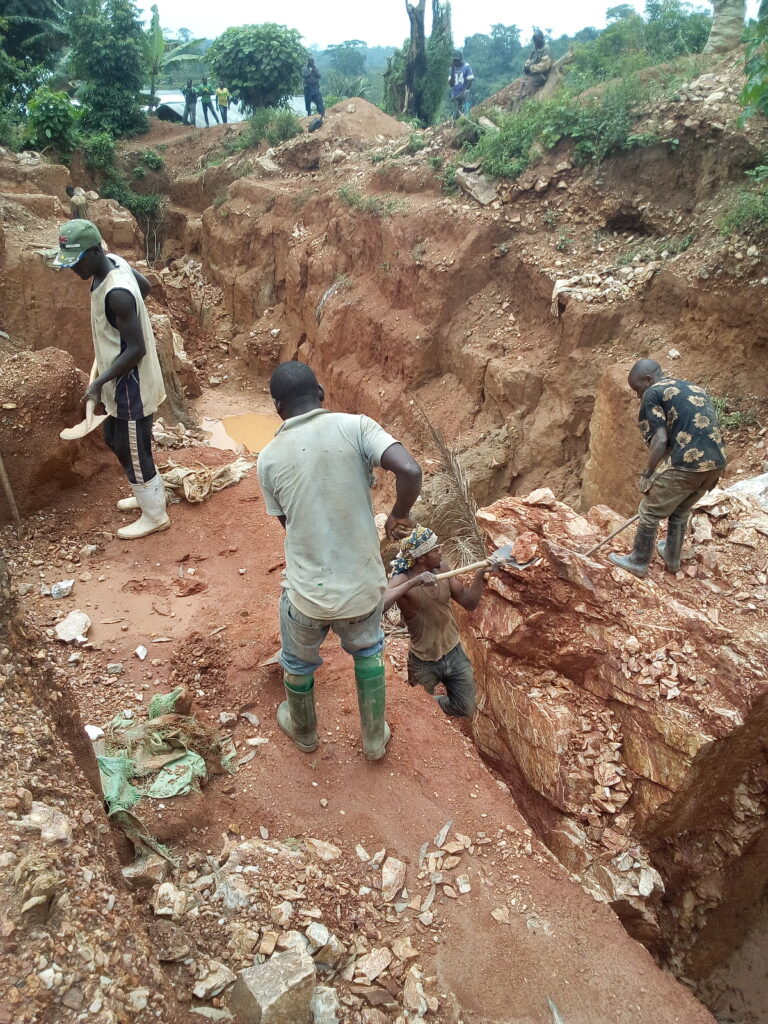
The International Organisation for Migration (IOM) engaged IPIS to prepare the ground to support the development of a responsible artisanal gold mining sector in Beni-Mbau, in line with international due diligence requirements. The research is part of a larger stabilization programme “Ensemble pour Beni”, implemented by a consortium that is led by IOM. Gold mining […]
Kufatilia – Incident reporting and monitoring
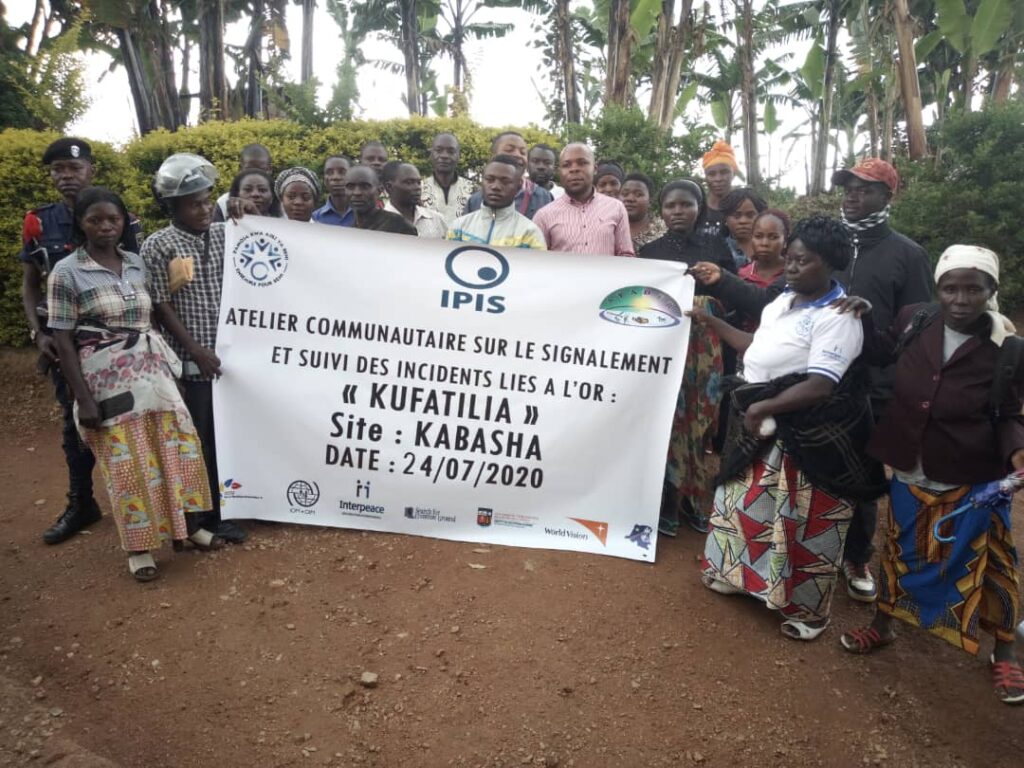
Kufatilia is a component of the project Monitoring gold in DR Congo: ground-based incident reporting in eastern DR Congo that took place between 2018 and 2019 with the support of the European Partnership for Responsible Minerals (EPRM). IPIS implemented a project to facilitate reporting and monitoring of incidents linked to the production, transport and selling […]
Kimberley Process Civil Society Coalition
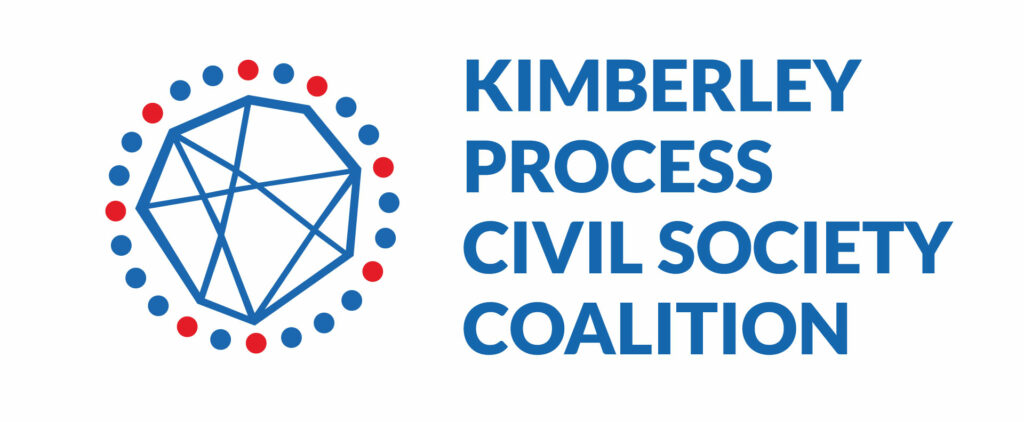
IPIS is a member of the Kimberley Process Civil Society Coalition (KP CSC). This is a grouping of civil society organisations from Cameroon, Democratic Republic of Congo, Central African Republic, Guinea, Ivory Coast, Liberia, Lesotho, Sierra Leone, Zimbabwe and Belgium. It has observer status to the Kimberley Process, which is an intergovernmental forum with a […]
Responsible sourcing and trade in diamonds and other minerals
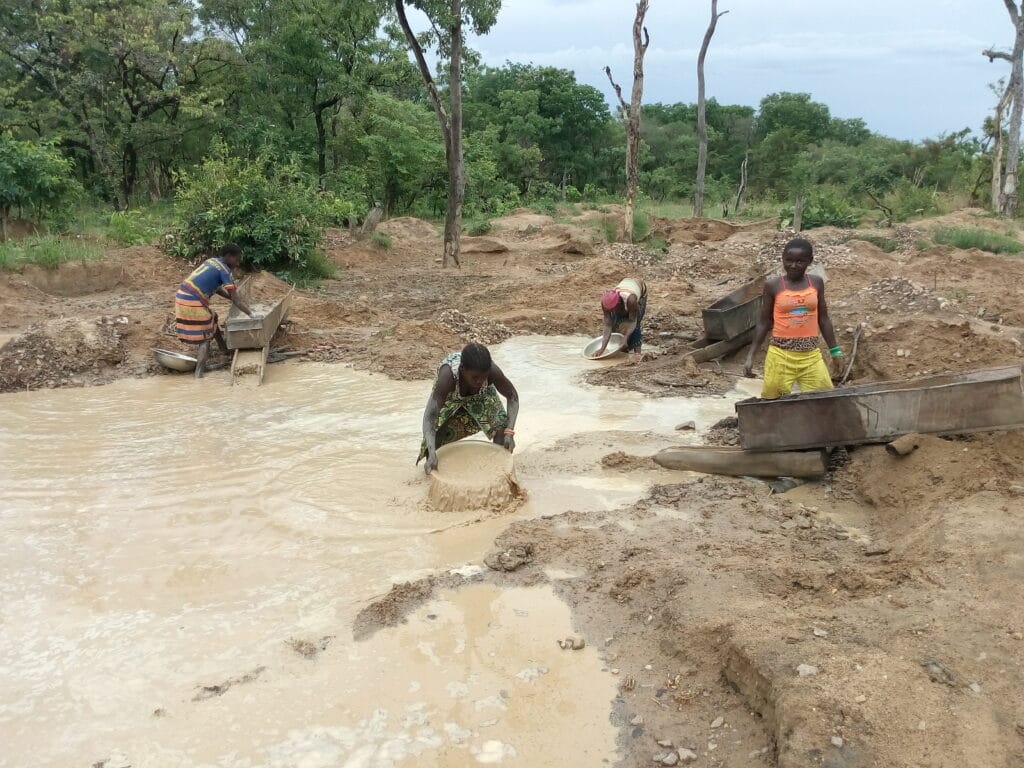
The European Instrument contributing to Stability and Peace (IcSP) engaged IPIS in a multi-year programme addressing the contribution of globalised mineral supply chains to the development and prolongation of violent conflict in sub-Saharan Africa. Awareness of so-called “conflict minerals” since the early 2000s has seen responses from intergovernmental initiatives, such as the Kimberley Process Certification […]
The political economy of roadblocks in South Sudan
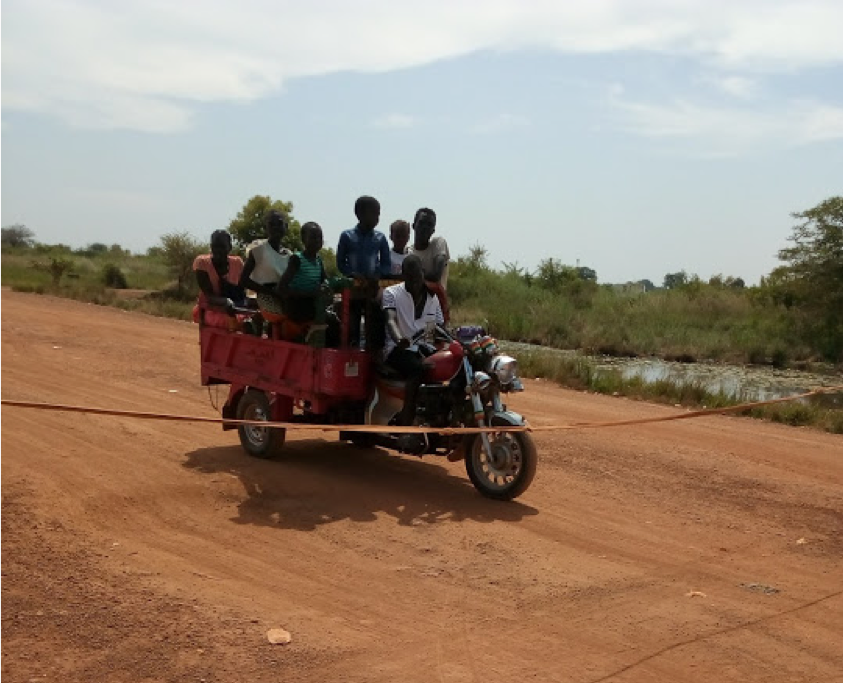
Roadblocks are a structural feature of South Sudanese roads. Whereas roadblocks in principle have legitimate roles to fulfil — ensuring security and levying decentralized taxes — they can also become vehicles for insecurity and illegal taxation. Along South Sudanese roads and rivers, state agents, security forces as well as armed groups occupy checkpoints at which […]

